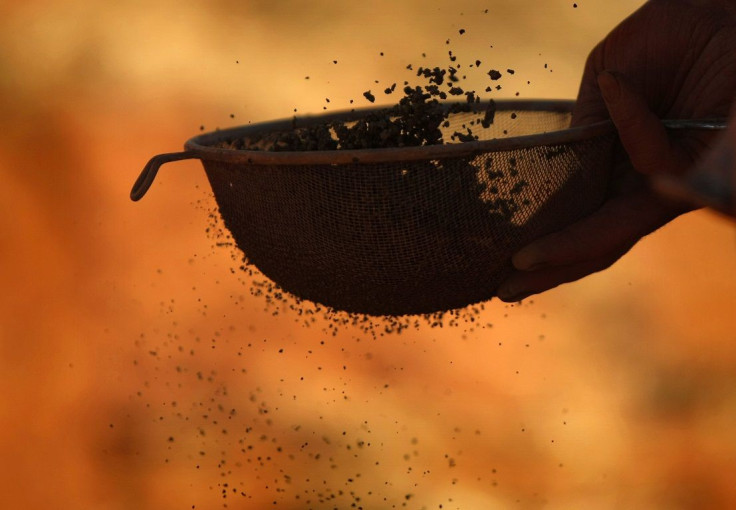Australia to suffer major recession risk following turmoil in Chinese economy

The turmoil in the Chinese economy has not only caused disruption in equity market and currency valuation in the nation itself, but also affected the Australian economy at the same time.
In an article in The Australian, Angus Nicholson, a market analyst at IG markets, wrote that the slowing Chinese economy has prompted quite a bad start to 2016. Despite facing downfall, the nation seems prepared to dominate the global trade across the year with new challenges and developments.
In 2015. Chinese economic growth supported the Australian economy with the help of proper monetary and stimulus measures and growth of services sector, as depicted through official statistics. China is planning to have supply-side reforms in 2016, which could act as the biggest rise in state-owned enterprise changes since the late 1990s. This is, however, to see what impact it throws on the Australian economy.
Since late 2012, when Chinese President Xi Jinping held the top job, the nation has been trying to deal with its increasing debt and heavy investment. China’s annual Central Economic Work Conference e released a statement on Dec. 1 setting an economic policy agenda for 2016, which seemed to excite the market players.
However, with the possibilities of cuts in industrial capacity of China, it has become necessary for Australia to think whether such cuts could affect Chinese demands for commodities in the short term. This means Australia could face a bit disturbance prior to experiencing a more balanced demand and supply chain for longer term in future.
According to New York Times, Chinese economy is constantly declining. With the rise in interest rates, Us companies are struggling to repay debts without letting their production hampered. As a result, commodity-dependent economies like Australia and Canada are decreasing product prices.
In spite of lowering iron ore prices, Australia exported a huge volume of iron to China in its third quarter. This stimulated 0.9 percent quarter-on-quarter growth in Australian GDP. The cuts on commodities have witnessed decline in investment, thereby slowing the nation’s GDP growth. Weak economy, according to Nicholson, is likely to pose a risk of recession in 2015 in Australia depending on the balance between strong export and emerging decline in investment.





















